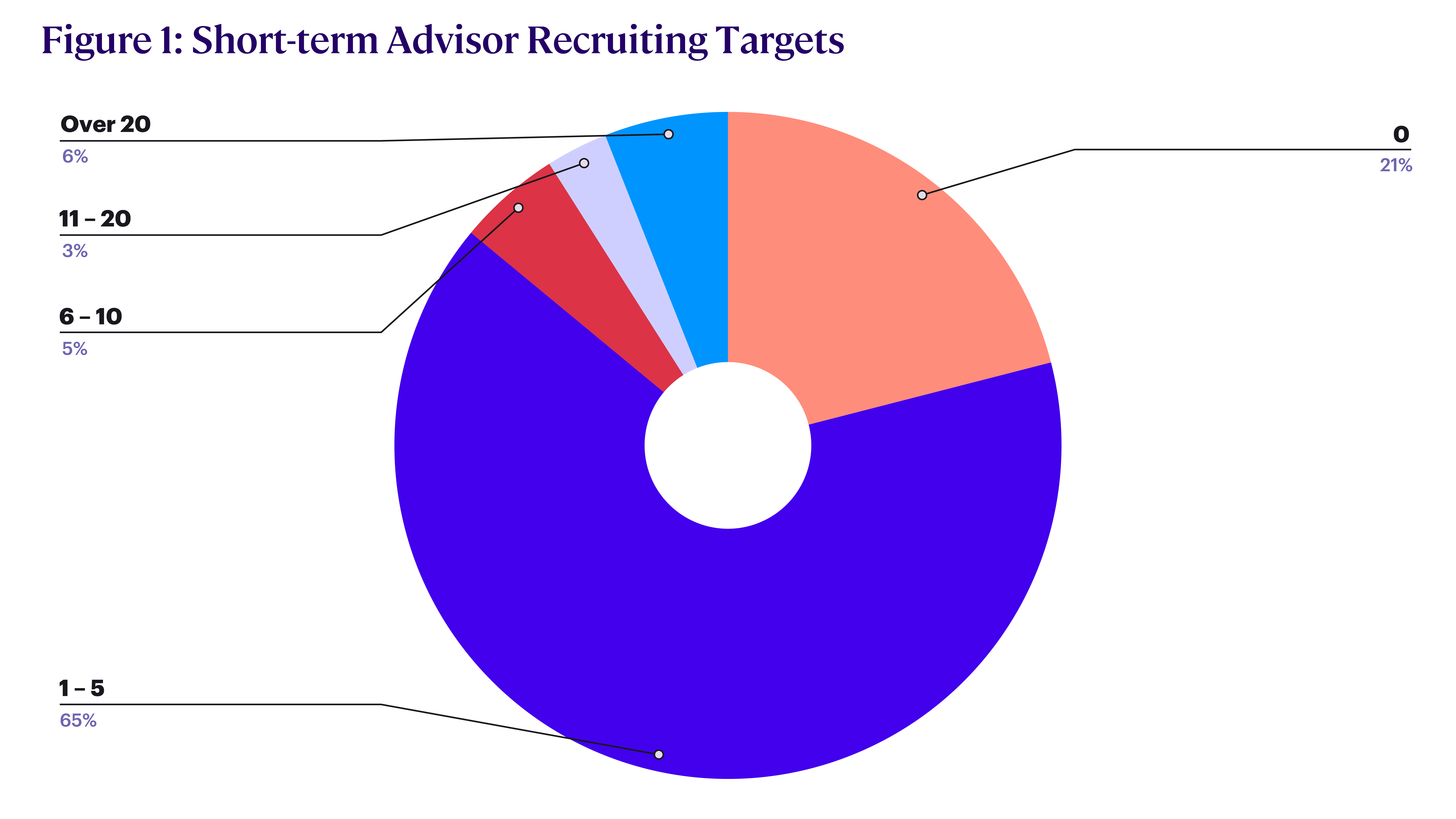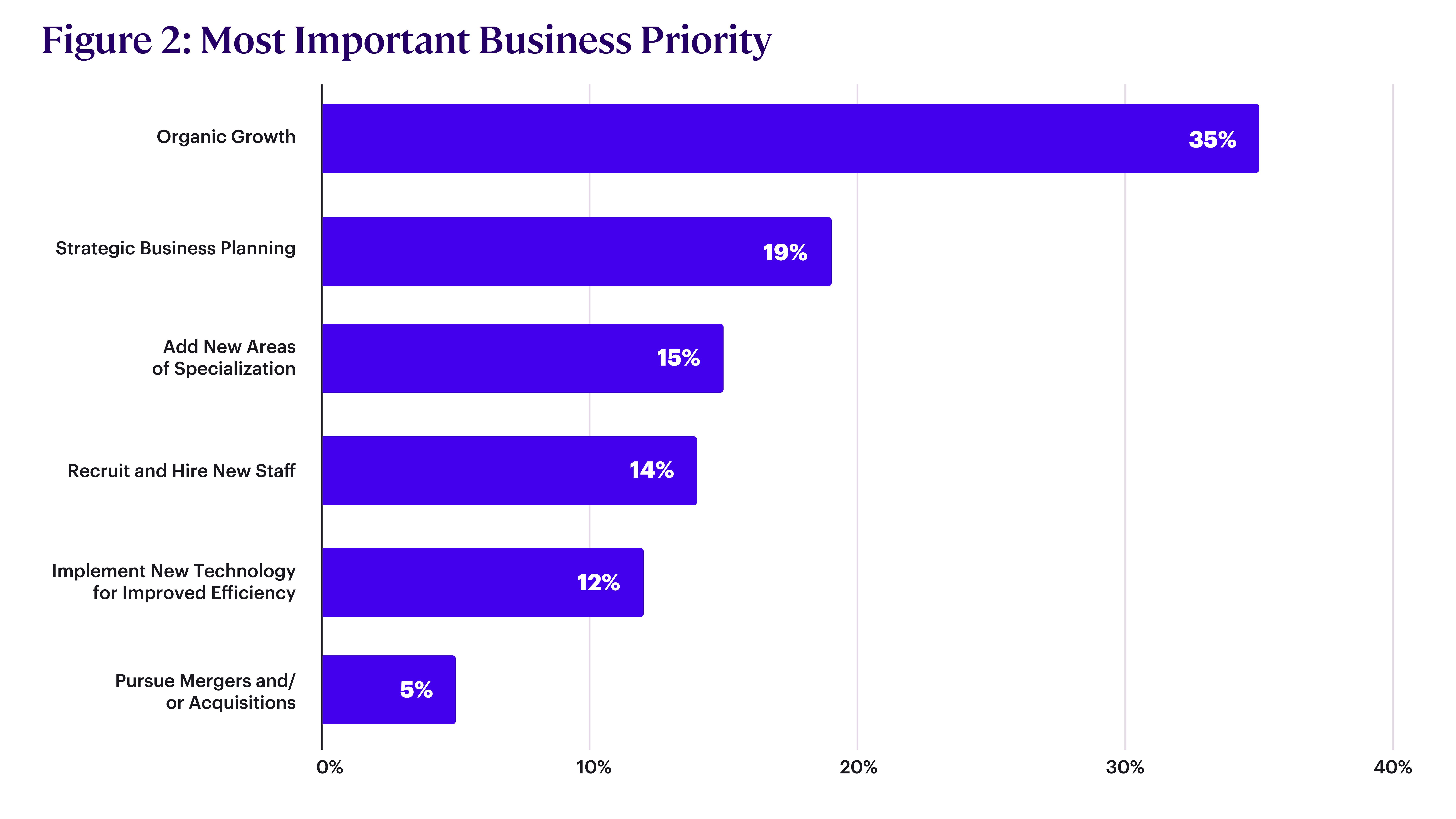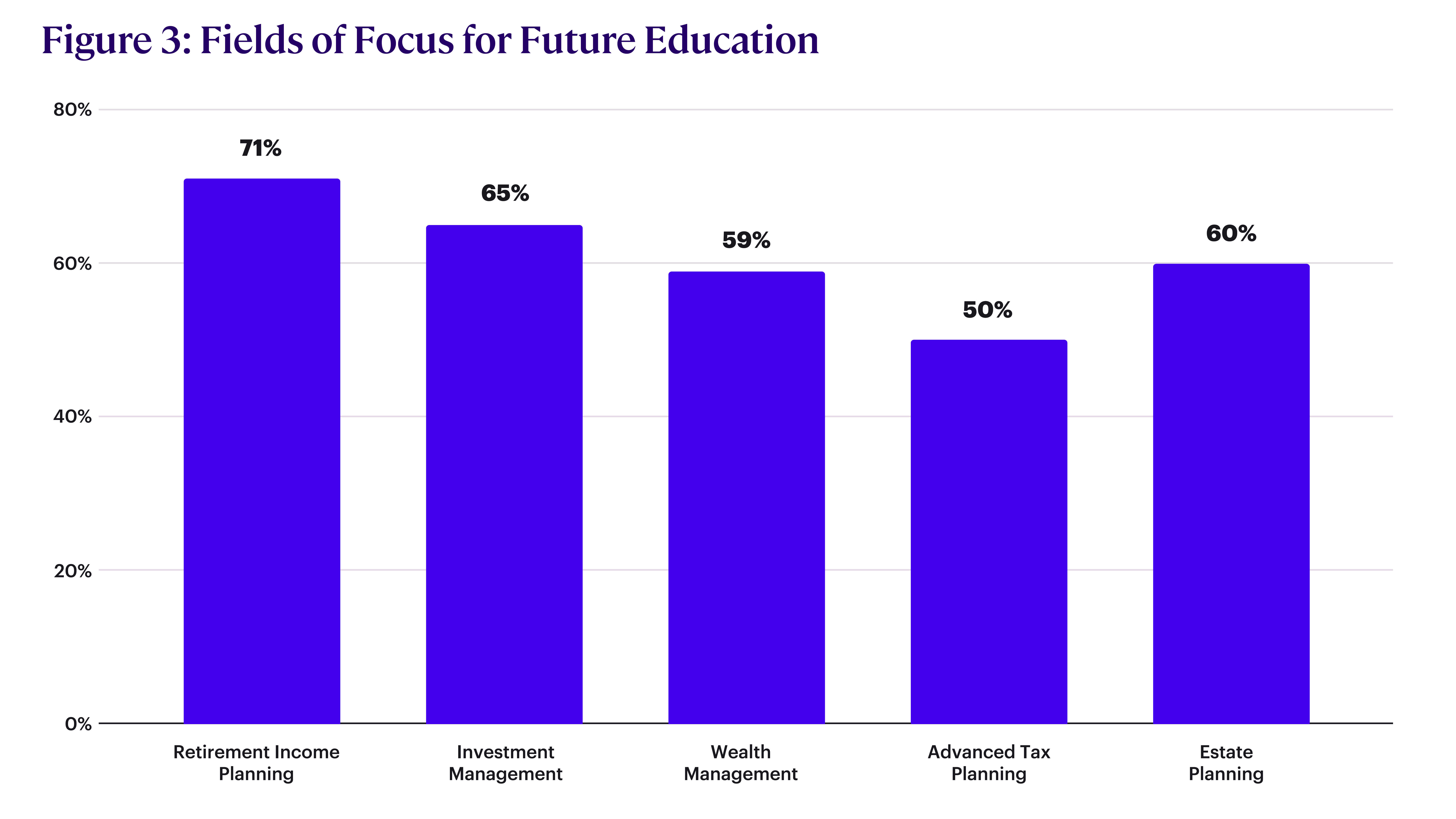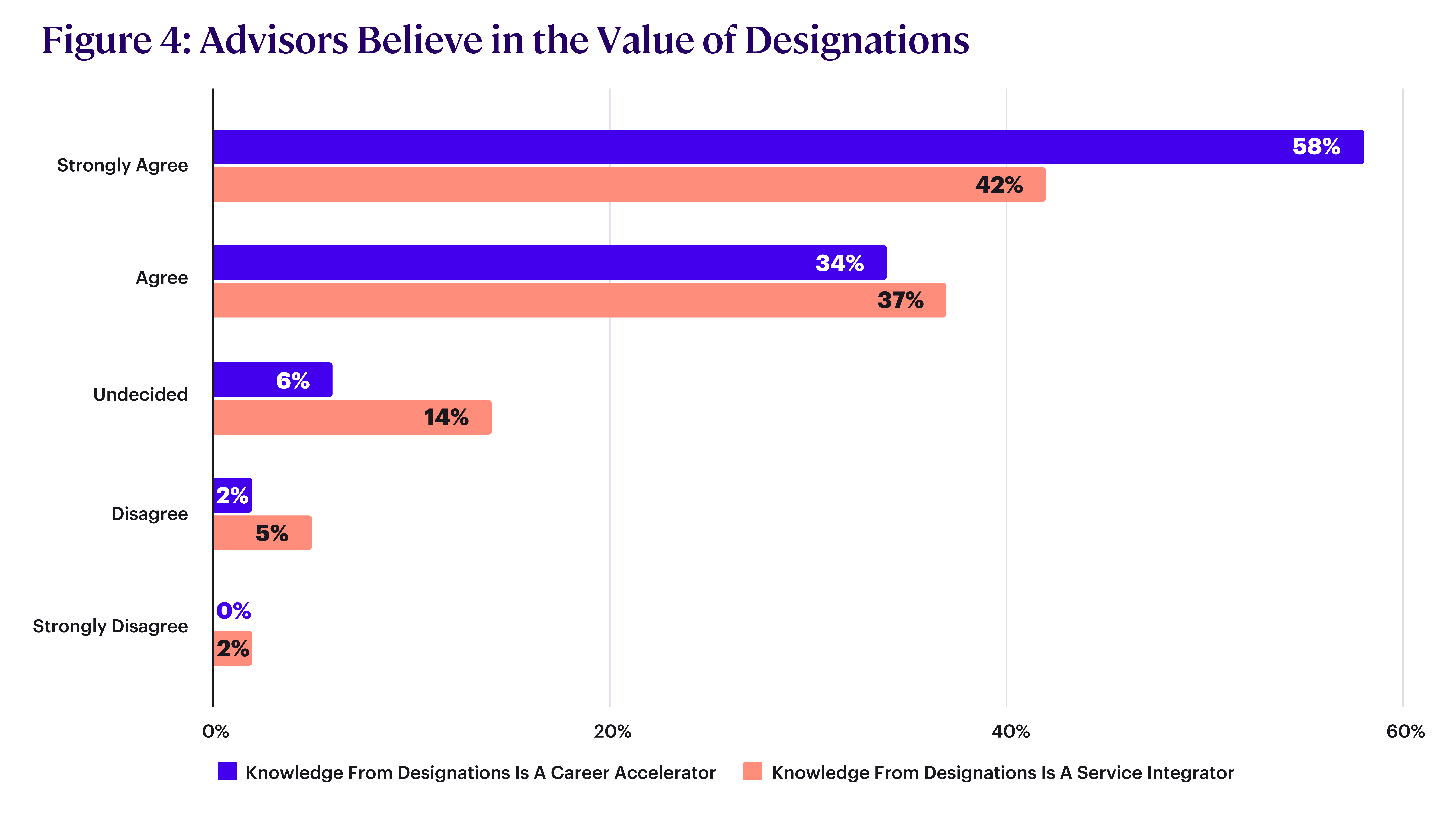Diversity, Equity & Inclusion Research
Black America's Financial Wellness
It takes more than information to influence people’s lives, and money alone does not result in financial health. Financial well-being is “a state of being wherein a person can fully meet current and ongoing financial obligations, can feel secure in their financial future, and is able to make choices that allow them to enjoy life.”
Financial well-being is a holistic view of our financial lives and includes our access to financial services, our financial behaviors and decisions, and how we think and feel about money. Because financial well-being is both objective and subjective, it accommodates the realities and individualities of financial circumstances. It is the ideal measurement to evaluate the financial health of individuals and communities.
Generally, financial and economic research controls for gender, race, or ethnic heterogeneity of populations. In statistical analysis, controlling for race or gender is simple. In real life, that's not an option. Nobody gets to push the “appear as a gray avatar” button to walk into a bank, apply for a mortgage, or navigate starting a small business. We show up as we are, and our identities have real implications on how we experience life. The reality of carrying our identity with us throughout our financial and economic life experiences prompted this research.
To understand the cultural specificity of financial well-being, Timi Joy Jorgensen, Ph.D., Assistant Professor and Director of Financial Education and Wellbeing at The American College of Financial Services, conducted research that deconstructed the variables that were predicting financial well-being for different populations. This report focuses exclusively on the specific predictors of financial well-being for Black women and men in the United States. Understanding the identity-specific predictors of financial well-being is the first step for the financial services industry to engage in culturally competent and meaningful ways with Black Americans. Financial empathy and data-informed business solutions can foster a business environment of concerted economic inclusion.
To learn more about Black America’s financial well-being and how it can be improved, download Dr. Jorgensen’s white paper today.
Ethics In Financial Services Research
AI Ethics and Life Insurance: Balancing Innovation with Access
AI Can Support a Better Life Insurance Industry
In the life insurance industry, risk-based underwriting helps insurers price products properly by assessing individuals’ risk profiles and assigning them appropriate premiums. New AI-enabled underwriting tools enhance this process by integrating big data and sophisticated analysis that is beyond the reach of human underwriters.
These models have the potential to expand access to life insurance products by helping insurers understand new markets and build products tailored to their needs.
However, the opaque nature of these tools creates the risk that they may unintentionally discriminate against protected classes.
For example, an AI system may use criminal records data to support underwriting decisions. However, the criminal justice system has a history of bias, imposing harsher penalties on Black and Hispanic perpetrators compared to white offenders committing the same crimes. Thus, the AI system could inadvertently use criminal history as a proxy for race, with discriminatory outcomes.
Seizing the Benefits, Avoiding the Risks
In work commissioned by The American College Cary M. Maguire Center for Ethics in Financial Services, researchers propose three tactics to help life insurers take advantage of the benefits of AI-enabled underwriting while avoiding its potential pitfalls.
Start with Trust
Trust is crucial in life insurance, and AI-enabled underwriting can make maintaining trust more difficult. To promote trust:
- Consider the impact of AI systems on communities.
- Focus on accountability and ensuring that all stakeholders focus on the higher purpose of life insurance.
- Tackle problems with “explainability” so that consumers can better understand AI-enabled underwriting decisions.
Corporate Culture is Key
Ultimately, decisions related to technology and AI implementation are no different than other important corporate decisions, and similar processes and approaches are demanded. Corporate decisions should be made within the context of a strong, ethical culture.
Transparency and openness are key, and leadership should be receptive to feedback. Employees on data science teams should be encouraged to think about ethical issues and speak up when they see problems.
Above all, human judgment should continue to play a role in evaluating and managing AI-enabled systems.
Industry-wide Standards Can Support Ethical Outcomes
By standardizing legal and regulatory frameworks, life insurers, self-regulatory bodies, and state and federal regulators can help mitigate some of the risks associated with AI-enabled underwriting. Industry-wide standards that fill the gaps in current rules by directly addressing the use of AI would help insurers develop their internal policies and would support audits of AI systems and their outputs. Proper regulation and oversight would help enhance trust in these systems, benefiting both consumers and the life insurance industry.
To learn more about how the insurance industry can ensure that AI-enabled underwriting enhances life insurance products without increasing discrimination, download the research now.
Diversity, Equity & Inclusion Research
Black Women, Trust and the Financial Services Industry
- 60% of Black women expressed difficulty finding financial professionals they trust
- 58% of Black women believe race affects treatment more than gender
- 10% more Black women trust individual financial advisors than institutions
This inaugural study from the Center for Economic Empowerment and Equality combines quantitative and qualitative methods to create a holistic picture of Black women’s perception of financial services and money, their wants and needs, the role they play as decision-makers in their households and communities, and the opportunity the financial services industry has to better connect with them throughout their wealth journey by building a tailored and trusting relationship.
Gain insights that exemplify the Center’s collective mindset to narrow the racial wealth gap here.
Ethics In Financial Services Research
AI-Enabled Underwriting Brings New Challenges for Life Insurance
Insurers increasingly use AI tools to make underwriting decisions and regulators are struggling to keep up with the dangers this poses – especially the risk of embedding discrimination. Is there a framework that could help the industry move forward safely?
The Problem
Third-party AI systems are making many insurance decisions these days. Using both medical and non-medical information—such as credit profiles and social media activity—these systems categorize consumers and assign them risk profiles. Insurers hope these systems will yield better underwriting and boost profitability. But industry players also worry that these “black box” systems, many of which use proprietary data and algorithms, could fall afoul of the rules against discrimination in underwriting.
Many states prohibit both discrimination based on protected characteristics like race and proxy discrimination, which occurs when a neutral factor disproportionately affects a protected class. Unfortunately, ensuring that AI models do not breach these rules is difficult.
A study by Azish Filabi, JD, MA, and Sophia Duffy, JD, CPA at The American College of Financial Services notes that: AI systems can unintentionally result in unfair discrimination in insurance underwriting by using data sources that have a historical bias or act as proxies for protected characteristics, leading to discriminatory outcomes. It can be difficult to assign responsibility for decisions by AI systems—insurers may be ultimately responsible for their products, but they are not always the parties that are most knowledgeable about the technical details of the underwriting system or most able to shape system design.
Creating a measurable definition of proxy discrimination by AI-enabled underwriting is challenging because insurers can use an underwriting factor if it is related to actual or reasonably anticipated experience and existing standards do not define the threshold for effectiveness of the factor. Therefore, each insurer’s justification for the usage of a factor will be unique. Given the risks posed by AI-enabled underwriting tools and the limitations of current regulatory structures, the insurance industry could face additional regulation and reputational damage if it does not ensure these tools are used responsibly and appropriately.
The Solution
To address the challenges posed by AI-enabled underwriting, researchers at The College recommend a three-part framework: The establishment of national standards to serve as guardrails for acceptable design and behavior of AI-enabled systems. A certification system that attests that an AI-enabled system was developed in accordance with those standards. Periodic audits of the systems’ output to ensure it operated consistent with those standards. Establishing nationally accepted standards would involve developing guidelines to ensure that AI systems are designed using best practices in system design and actuarial principles. The standards should emphasize:
- Accuracy: Data used for decision-making should be evaluated for potential bias and errors.
- Significance to Risk Classification: Inputs should be assessed to determine their relevance to the risk being evaluated. If an input has a causal link to the risk, it is permissible. Otherwise, it should be excluded unless it meets an agreed threshold of actuarial significance and accuracy.
- Target Outcomes: Target outcomes should be established for algorithm calibration, such as offer rates and acceptance rates among different demographic groups. These targets could be based on a firm's target clientele or insurance rates prior to AI use or a consensus-driven, more inclusive view of insurance availability and payout rates.
Once the standards are established, both front-end and back-end audits should be used to monitor compliance. On the front end, certification would indicate algorithm developers’ compliance with standardized practices when creating an algorithm. On the back end, audits would review the system for adherence to the standards with respect to its outputs once operational.
Under the proposed framework, the National Association of Insurance Commissioners (NAIC) would develop the standards in partnership with industry. Uptake would be supported by legal mandates requiring industry players to adopt the standards and an independent self-regulatory body would oversee the certification and audit processes. The proposed framework would fill the gaps in current legislation and empower the insurance industry to self-regulate as it continues to embrace AI-enabled underwriting.
To learn more about how AI is changing insurance and how the industry should respond, download the research now.
What Do Clients Want from Financial Advisors?

To help advisors understand their clients better, the American College O. Alfred Granum Center for Financial Security in collaboration with faculty from the American College Cary M. Maguire Center for Ethics in Financial Services and the American College Center for Women in Financial Services conducted a national online survey of 1,157 individuals to answer some key questions. Understanding our findings may help you build better relationships with your clients.
What characteristics do people want from an advisor?
Respondents were asked to “rank the most important characteristics you would look for” when selecting a financial advisor. Here is what they said:
| Advisor Characteristics You Would Look For | #1 | #2 | #3 |
| Evidence of knowledge (education, certifications) | 27.2% | 11.7% | 10.4% |
| Trustworthy | 20.1% | 13.5% | 13.2% |
| Ability to listen to and understand your goals | 18.9% | 19.5% | 13.5% |
| Clearly communicates financial concepts | 10.8% | 7.6% | 9.5% |
| Positive recommendations by people you know | 8.0% | 12.8% | 12.9% |
| Online reviews | 4.4% | 6.8% | 7.5% |
| Values my input | 2.2% | 9.3% | 12.2% |
These results show that clients value education and certifications, as well as trustworthiness and advisors’ ability to engage with and understand clients’ goals.
What services are consumers looking for when they seek out professional advice?
Advisors need to understand the specific services that clients need. As the chart below shows, they are most interested in getting help preparing for retirement and managing investments.
We also asked if consumers seek out advisors who can evaluate investments and make portfolio recommendations, or are primarily interested in an advisor who develops a plan to meet various financial goals.
Interestingly, 52.5% primarily sought help meeting financial goals, while 47.5% felt that investment evaluation was a more valuable service. This indicates that more consumers are looking for goal-based planning services than traditional investment advice.
How important are environmental, social, and governance (ESG) factors?
We asked our respondents, “How important is it that your advisor considers the environmental and social performance of the companies you will invest in?” The answers surprised us.
Clearly, clients care about ESG. They also care about their advisors’ personal values – 53.8% said an advisor’s personal values influence their decision to do business with the financial advisor.
Did COVID change the importance of in-person advice?
The pandemic had a major impact on how advisors deliver services and many wonder how clients feel about the changes. Our findings suggest that most clients prefer a balance of online and in-person services.
When we asked our respondents, “What is your preferred form of contact with a financial advisor?” we found that:
- 52.3% prefer an initial in-person meeting followed by subsequent Zoom or telephone meetings
- 38.9% prefer in-person only
In terms of meeting frequency, a plurality of respondents felt that every 6 months was the sweet spot – although some disagreed.
Are young investors overconfident?
As advisors try to recruit new young clients, they may need to better understand how consumers’ confidence and financial knowledge levels change with age.
Financial literacy scores – measured by how many correct answers respondents provide for questions about financial concepts – increase with age. The percentage of correct answers is:
- 38.6% for those under age 30
- 42% for those in their 30s
- 45.8% for those in their 40s
- 58% for those in their 50
- 65.8% for those in their 60s
- 71.2% for those 70 and older
Despite the increase in knowledge with age, however, the percentage who indicated that they were “very confident” choosing investments fell from 40% for those under 40 to 10.2% for respondents in their 60s and just 5.3% for respondents in their 70s and older.
Bottom Line
In summary:
- Consumers want advisors who are knowledgeable, trustworthy, and good listeners.
- Saving for retirement in defined contribution plans has created a strong desire for knowledge of retirement income planning.
- Investors want their advisor to consider their ESG preferences when building an investment strategy.
- More consumers prefer to attend regular meetings with their advisor either through Zoom or a phone call, but a strong majority still prefers to be physically present for initial meetings with an advisor.
- Young investors are confident in their ability to choose investments, but also score poorly on financial literacy. This may suggest that younger investors are vulnerable to overconfidence.
Download the 2022 Granum Center for Financial Security Consumer Survey results here.
Ethics In Financial Services Research
The State of Trust in Financial Services

In fact, according to industry metrics like the Edelman Trust Barometer, financial services consistently appears as one of the least-trusted sectors in business.
However, that perception may be changing. As part of its ongoing work to measure the state of public trust in the financial services industry, the American College Cary M. Maguire Center for Ethics in Financial Services used a combination of surveys, focus group discussions, and individual interviews to gather insights from nearly 2,000 consumers about their beliefs and behaviors regarding the financial services industry in early 2021. The results point toward a more encouraging picture of the future than many might think, but one that must be managed for continued success.
In September 2023, the Center for Ethics' Trust in Financial Services Study was also named a finalist at the 2023 WealthManagement.com Wealthies Awards for Industry Research Provider!
View our insights on the State of Trust in Financial Services.
Trust in Financial Services: An Overview
Despite well-chronicled dynamics and practices that cratered public trust over a decade ago, the Center for Ethics in Financial Services’ research shows that trust in financial services is moderate compared to other service industries: the industry ranked third in a listing of consumers’ seven most-trusted service fields behind healthcare and education, and above such groups as government, telecommunications, and media.
This improving picture may be reason for optimism, but results showed lingering trust issues remain among certain demographic groups. For example, those with low trust in financial services tend toward the older and younger ends of the age spectrum, including more women than men, are less educated, and have a lower household income. Many of these groups are those who would benefit most from the services the industry can provide. Furthermore, data suggests those with low trust are more likely to have no loans or debt, indicating avoidance of the financial system altogether – another hurdle to overcome.
Despite this, trust has the potential to be a key enabler of industry change, provided financial companies can understand the feelings and motivations among low-trust demographics and make inroads based on their individual priorities.
Aligning Values
The Center for Ethics in Financial Services’ survey results suggest today’s consumers of financial services are stuck between a rock and a hard place. They are frustrated in their search for unbiased, trusted information they can use to determine whether they fit with a financial company. They do their homework, but they are often overwhelmed and don’t always know where to turn for education.
Consumers indicated reasons that drive them to engage with a financial services company. These include a company’s product and service transparency, good customer service, and community involvement. Many consumers also said a company’s treatment of employees and contributions to social justice and diversity, as well as commitment to keeping their personal information private, could influence their decision.
Additionally, more than half of consumers said they preferred financial products that are easy to use and understand. This preference was so strong it outweighed fees associated with a product or service, the level of risk involved, or guarantees offered by a company. Because of this, firms offering simpler, streamlined products that help consumers consolidate their relationships could help build consumers' confidence about the quality of advice they receive.
Meeting Consumers Where They Are
The Center’s study showed trust levels also varied among different methods of accessing financial products and services in financial services. In-person access appeared more important to low-trust consumers; for high-trust consumers, the importance of in-person access usually depended on the financial product or amount of money held.
Using a composite measure called the Demographics of Trust Index™, the Center found survey respondents largely preferred doing business with community banks and credit unions, even though they were the least widely-utilized options in a list along with national banks, investment brokerage firms, and online banking. The results again emphasized the importance many consumers place on having a personal relationship with their financial advisors or institutions from the community level, suggesting a new model the industry at large would be well-served to consider.
RIA Growth and Specialized Knowledge Survey Results

Nearly 80% of emerging RIAs plan on hiring over the next three years, with most looking to recruit one to five new advisors (see Figure 1).

Emerging RIAs are also concerned with broader business growth (see Figure 2).

RIAs See Value in the Right Education
Given that growth is a priority, what do RIAs see as a core pathway to achieving it? For most, it is a combination of education and specialization: Importance of further education: 76% of surveyed advisors desire further education on topics important to their clients. Value of specialization: Advisors identified retirement income planning, investment management, wealth management, advanced tax planning, and estate planning as their preferred fields of focus for future education (see Figure 3).

RIAs Accelerate Their Careers with Designations
Most advisors (92%) believe that designations have a positive impact on their careers, and 79% think that designations support further service integration (see Figure 4).

Designations, including those available in The College's ChFC®, CLU®, and RICP® Programs, are a key career accelerator for ambitious advisors and can help drive organic growth.
For more insights, download a summary of the survey now.
Diversity, Equity & Inclusion Research
Advisors’ Perceptions of Success Study
With FINRA statistics finding that just as many advisors enter the business as enter it every year, the perception of financial services as a field that’s hard to break into and even harder to find success in has become embedded not only in the minds of the public, but also within financial services professionals themselves. Newcomers to the business comment on the competitive nature of the field and how they are sometimes encouraged to outdo, rather than collaborate with, their fellow professionals to “get ahead.”
When it comes to improving retention rates of strong talent in financial services, such focus is put on how advisors can become successful that attention is not often paid to what it takes for financial advisors to feel successful. This emotional validation is just as important as data-reinforced evidence, as multiple studies have shown employees who feel a sense of professional accomplishment and achievement in their jobs are happier at work in the long run. Because of this, the industry’s usual benchmarks for success – assets under management (AUM), increased production numbers, or higher premiums – are only a small part of the equation and insufficient to justify the challenging nature of joining the field.
In early 2022, the American College Center for Women in Financial Services surveyed over 800 financial advisors, asking them to self-evaluate their level of success based on both objective criteria and their subjective, personal definitions of success. The results showed that while most advisors consider themselves “successful,” the factors that drive that belief differ across demographics and require specialized and thoughtful approaches for recruitment, development, and retention of those advisors.
Perceptions of Success: An Overview
Encouragingly, 7 in 10 advisors surveyed by the Center for Women in Financial Services self-identified as “successful,” indicating a confident workforce mostly meeting employers’ business goals. 60% of respondents also indicated they primarily entered the financial services industry “to serve/help others,” showing a genuine desire to provide valuable guidance and benefit society.
Among the most important influences in achieving professional success, respondents cited “trust,” “individual effort,” and “specialized knowledge” – especially that gained through designation programs like The College’s – as key factors. However, the implications of these factors begin to diverge when looking at the demographic data.
The Demographic Divide
Among those surveyed by the Center for Women, major differences arose between male and female advisors' perceptions of success. Despite consistently meeting established business goals, more women than men (34% to 22%) identified as being “less successful,” demonstrating a potential lack of confidence among women in financial services as to their professional progress.
On the flip side, however, women were much more likely to view themselves as successful in the first 4-10 years of their practice than men (72% to 57%). This divergence could be explained by a greater emphasis on competition in the socialization of men compared to women, which could make men feel less successful than they really are when using their peers as a benchmark for their success.
When asked what factors were most instrumental to their success, men and women once again seemed to diverge. Men emphasized the importance of individual effort; women, meanwhile, assigned higher importance to communication, community support, and marketing.
Business Impacts and Implications
Overall, the results of the Center for Women’s survey indicated larger teams of advisors might enjoy more widespread feelings of success than smaller ones or individual advisors. This belief also varies by gender between different types of firms.
Women respondents tended to draw much of their strength from the support of smaller, more dedicated teams they could work with on a personal level, generating a sense of shared community that seemed key for women to be satisfied with their business and their own professional development. By contrast, men in financial services appear to derive a sense of success from overcoming the very challenges associated with working in larger, more competition-driven business models. With that said, however, individual women advisors testified to a much higher rate of success than their male peers (83% to 54%). This could indicate that despite their focus on the power of individual effort, men in the industry may also desire the same support systems women in the industry prize, including mentorship opportunities.
From the results of this study, it seems clear the financial services industry has room for continued growth and expansion of professional development programs for women – and their male counterparts. It will remain up to industry leaders to meet the moment and invest more time, money, and effort into making these important resources available to developing financial professionals of all demographics.
Download the research here.
Ethics In Financial Services Research
Toward a Perspective of Stakeholder Culture in the Financial System
Stakeholders in the financial industry—including financial firms, consumers, regulators, and emerging stakeholders like the tech industry and social media—increasingly acknowledge the importance of working together to improve the industry and prevent future crises. Yet their actions do not reflect their pro-stakeholder rhetoric and self-interest remains paramount.
A study commissioned for the American College Cary M. Maguire Center for Ethics in Financial Services argues that one key reason for stakeholders’ failure to work together may be their problematic beliefs.
The tables below summarize some of the persistent, negative beliefs that financial system stakeholders hold. Overall, they see one another in competitive, rather than collaborative terms. Consumers and regulators believe that financial firms are motivated by greed and blind to others’ needs, while financial firms and other powerful players see their role in terms of driving growth and generating profit rather than building a system that works for everyone.
These antagonistic beliefs undermine stakeholder relations. Mutual mistrust and the absence of a sense of shared responsibility mean that stakeholders approach one another with suspicion and try to dominate rather than collaborate. As a result, the financial system remains vulnerable and fails to serve everyone’s interests.
The current financial system incurs high costs in financial failures and from low trust. Improving the situation will require key stakeholders to rebuild relations and develop a sense of shared destiny.
Financial firms and professionals can start by:
- Better understanding the “blind spots” that bias how they perceive their roles and the roles of other actors.
- Finding overlapping areas of self-interest with other stakeholders to develop a vision of common interest.
- Creating a roadmap of coordinated action to tackle shared problems across critical areas.
- Agreeing on more productive behavior patterns, especially toward transparent and timely knowledge and information sharing.
- Finding new reporting and governance mechanisms to hold each other accountable.
The study also explores:
- How financial firms’ competitive orientation may undermine their credibility and informal influence over consumers.
- Why financial firms prefer to retain power rather than pursuing shared interests, even at the expense of consumer trust and the risk of more regulation.
- The impact that emerging stakeholders like social media, tech companies, and others may have on traditional financial system dynamics.